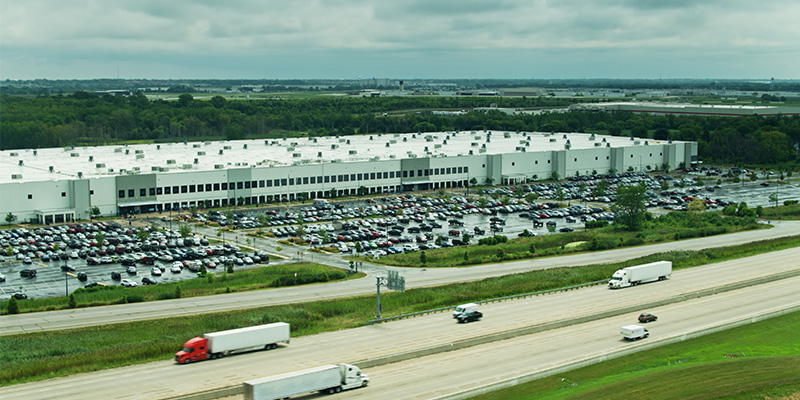Earlier this year NAIOP Wisconsin was made aware that the City of Wauwatosa was looking to fast-track the adoption of a transportation utility user charge or fee (TUF) in order to generate additional revenue for local transportation and infrastructure needs. The city cited the deferred maintenance of their aging infrastructure, fiscal infrastructure constraints set by state funding limits, and an equitable fee structure based on who uses the road for the new fee. The proposal was set to be considered for approval in July. Our concern was that the adoption of the transportation utility fee in Wauwatosa might lead to other cities considering similar unlawful measures for additional revenue.
The transportation utility fee would apply to both residential and commercial properties based on the vehicle traffic generated by the property’s use, and not necessarily their valuations. The city would cap the annual fee at $51.00 for single-family properties with a sliding scale for other properties based on national engineering standards. The city estimates the following annual fee for commercial and nonresidential properties based on their use:
| General Light Industrial | $753 |
| Warehouses | $1,863 |
| Small Office Building (<10,000 square feet) | $332 |
| Supermarket | $10,143 |
| Home Improvement Store | $18,821 |
| Fast Food with Drive-through | $6,319 |
| Convenience Store/Gas Station | $4,552 |
The chapter was aware that a case before the Wisconsin Supreme Court regarding a similar effort would be resolved by the end of June. We believed that the Supreme Court would rule in Wisconsin Property Taxpayers, Inc. v. the Town of Buchanan that the fee is a tax, and as a result, violates the state’s levy limit laws. The city believed the court would rule in their favor and pressed on despite our objections. Absent a Supreme Court ruling in the Buchanan case, we needed to take action and aggressively oppose the proposed fee prior to a city council vote.
NAIOP Wisconsin put together an aggressive campaign to defeat the initiative, which is essentially a property tax increase and would result in commercial property owners bearing most of the financial burden (approximately 65%). The campaign included coalition building, most notably with our residential counterparts; retention of a local lobbyist; direct mail to approximately 40,000 households and 20,000 businesses; and the utilization of web and social media platforms. The mail and subsequent constituent contacts about the issue had the attention of the city leaders.
The Supreme Court ultimately ruled unanimously in the Buchanan case that the fee in the case before them is a tax and unconstitutional. A unanimous ruling in our Supreme Court is very unheard of and gives us the strong belief that future cases involving municipal taxes and fees would be treated the same if they worked their way to the high court.
The City of Wauwatosa has paused moving forward with their TUF proposal for the time being. The city feels that the Wisconsin Supreme Court ruling includes “very broad language, raising several question,” and is hoping for a different outcome in another TUF case that is still working its way through the court system. The case, Wisconsin Manufacturers and Commerce, Inc. v. Village of Pewaukee, is currently before the state Circuit Court in Waukesha County.
NAIOP Wisconsin opposed the TUF because it violates state law, not because we oppose quality infrastructure. We try to work closely with local officials to help design state policy to assist them with their work. The City has the ability to increase their revenue lawfully through a wheel tax or referendum. NAIOP Wisconsin plans to remain diligent throughout the continued court battle and to stand up against any additional TUF proposals in the state.












